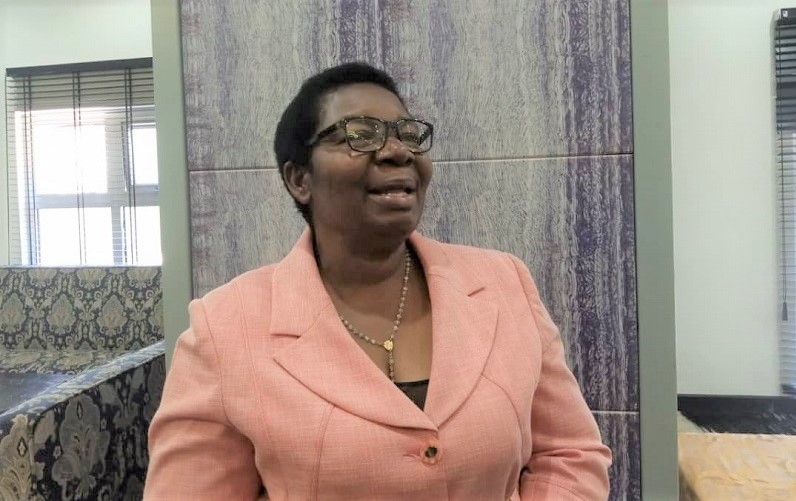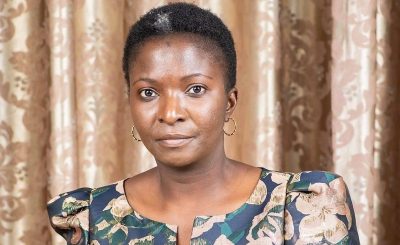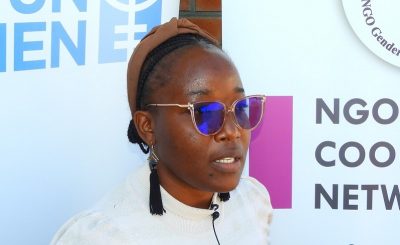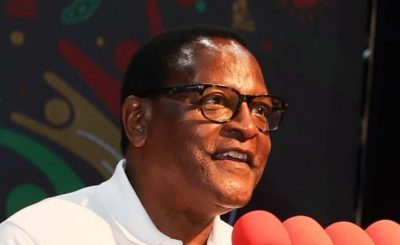Information and Communications Technology (ICT) experts have expressed concern over rising mobile fraud cases across digital platforms in the country.
The remarks were made during a workshop held in Blantyre which was organised by key stakeholders in internet usage including Youth Net and Councelling (YONECO), International ICT Policy in East and Southern Africa (CIPESA) and United Nations Educational, Scientific and Cultural Organisation (UNESCO), with the aim of harnessing digital transformation in African countries.
Speaking during the conference, one of the facilitators from Malawi, Vincent Kumwenda said although Malawi has made significant progress in creating a legal and regulatory environment for digital development, it is worrisome that it is losing about K12O million every month to mobile fraud across digital platforms.
Kumwenda also said Malawi’s internet infrastructure ranks the lowest in southern region.
He further said while the number of people with access to internet in the country improved from 9.6 percent in 2916 to 14 percent in 2020, but the number remains significantly low and ranks 83 out of 86 on internet availability.
“There are also a number of areas of concern in terms of internet usage in the country including cyber bullying, sponsored online misinformation, online harassment and defamation, child pornography and internet neutrality,” said Kumwenda.
The therefore expressed the need to fast-track universal service fund to develop infrastructure in more rural areas of the country and allow more people access digital services.
He further asked the authorities to finalize the Data Protection Act to protect and regulate citizen’s personal data.
In her remarks, YONECO’s board member, Dr Emmaculate Chamangwana, said the growth and evolution of internet is key to Sustainable Development Goals.
“We believe that the Internet Universality Indicators (IUI) is central to the growth and evolution of the internet, and the achievement of the Sustainable Development Goals,” said Dr Chamangwana.
The conference also attracted participants from Ghana, Cameroon, Namibia, Somalia and Uganda through hybrid.
The African regional event was aimed at advocating for media and internet policy reforms that can enhance the awareness of UNESCO’s internet Universality Indicators.
These indicators include Rights, Openness, Accessibility to all and multi-stakeholder participation.
The conference discussed digital under the theme: Internet Universality Indicators: Gateways to Action.





